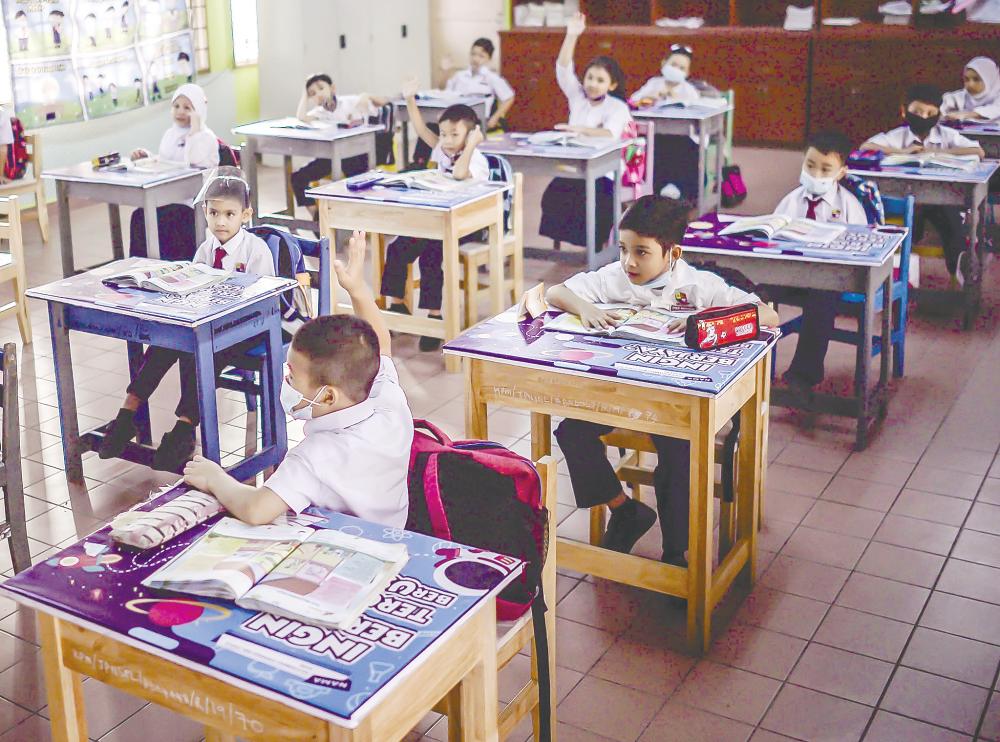PETALING JAYA: The Education Ministry should reintroduce centralised assessment systems for Year 6 pupils and Form 3 students to correct the current failures in the education system, said Universiti Kebangsaan Malaysia Centre of Education and Diversity senior lecturer Dr Anuar Ahmad.
He said doing so would offer insights into students’ progress and identify areas for improvement before they sit for the Malaysian Certificate of Education (MCE) exam.
Anuar was commenting on a statement by Deputy Prime Minister Datuk Seri Dr Ahmad Zahid Hamidi that 10,177 students did not sit for the SPM last year, and a remark by Education Ministry director-general Azman Adnan that 62,928 Year 1 pupils had yet to master literacy
and numeracy.
Anuar said many parents had complained about the abolition of major examinations, and expressed concern over the absence of clear benchmarks to evaluate their children’s learning progress.
He said parents believe that this has caused decreased motivation and lack of direction among children in their studies.
The Primary School Achievement Test for Year 6 pupils and the Form 3 Assessment were abolished in 2022 and replaced with the implementation of Classroom Assessment and School-Based Assessment.
“The current education system introduced in 2017 has caused confusion, worry and dismay among parents as their children
are showing a lack of interest
in learning.
“Classroom-based assessments were adapted from European and Scandinavian education systems, which were proven successful due to their activity-based syllabus that enhances the learning experience.
“However, this approach is not as effective in Malaysia because our syllabus and curriculum differ significantly.”
Anuar said the Malaysian syllabus and curriculum need to
be revised to include learning activities to align with classroom based assessments.
He said the effectiveness of classroom based assessments could vary significantly depending on how they are implemented by different teachers and schools.
Anuar said teachers may not receive adequate training or professional development to effectively design and implement classroom based assessments.
“The lack of training for teachers and insufficient resources have led to uneven quality and effectiveness in classroom based assessments.”
He said classrooms with large numbers of pupils hamper learning activities, while assessments cannot be done effectively.
Anuar also said there is a huge difference between standardised examinations and the more personalised classroom based assessments as the former measures students’ performance while the latter caters to their learning styles and needs.
He said while standardised testing limits flexibility for learning, classroom based assessments, which require administrative effort and coordination, cater to individual learning needs.
“Administrative and policy challenges also impact the consistency and effectiveness of these assessments, which is why
the ministry needs to revamp the education system.
“Immediate action must be taken to correct the situation.”









